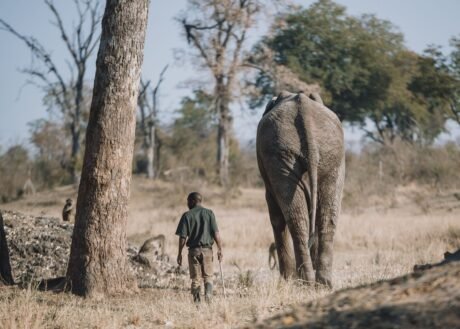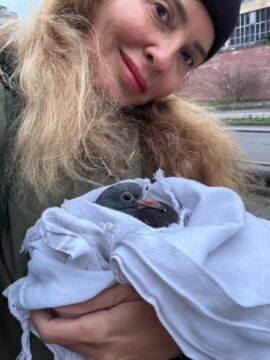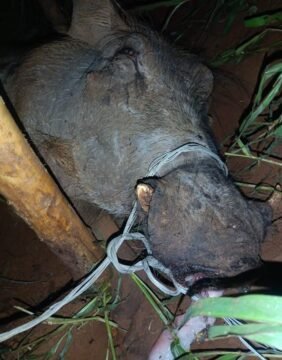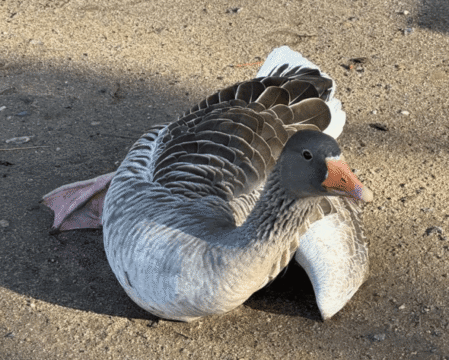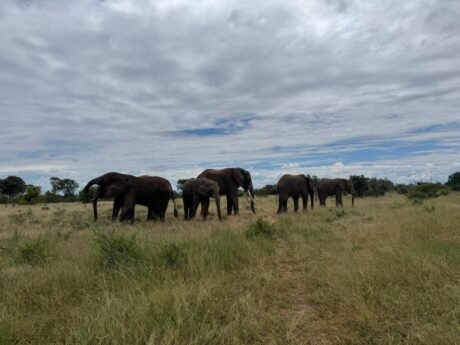Wild at Life operates an elephant sanctuary in Zambia, home to 9 poaching and drought survivors, alongside Sox the hippo.
Let by the matriarch Madinda, they are living peacefully, roam freely, crossing the river daily and sometimes venturing into Zimbabwe before returning to the sanctuary to eat and rest.
We prioritize their freedom and provide comprehensive care, including food, veterinary assistance, and personal caregivers for each elephant.
We are happy to say that they are doing amazing and are living their lives to the absolute fullest!
One of our favourite members of the herd is Lewa, a gentle giant who is the equilibrium.






